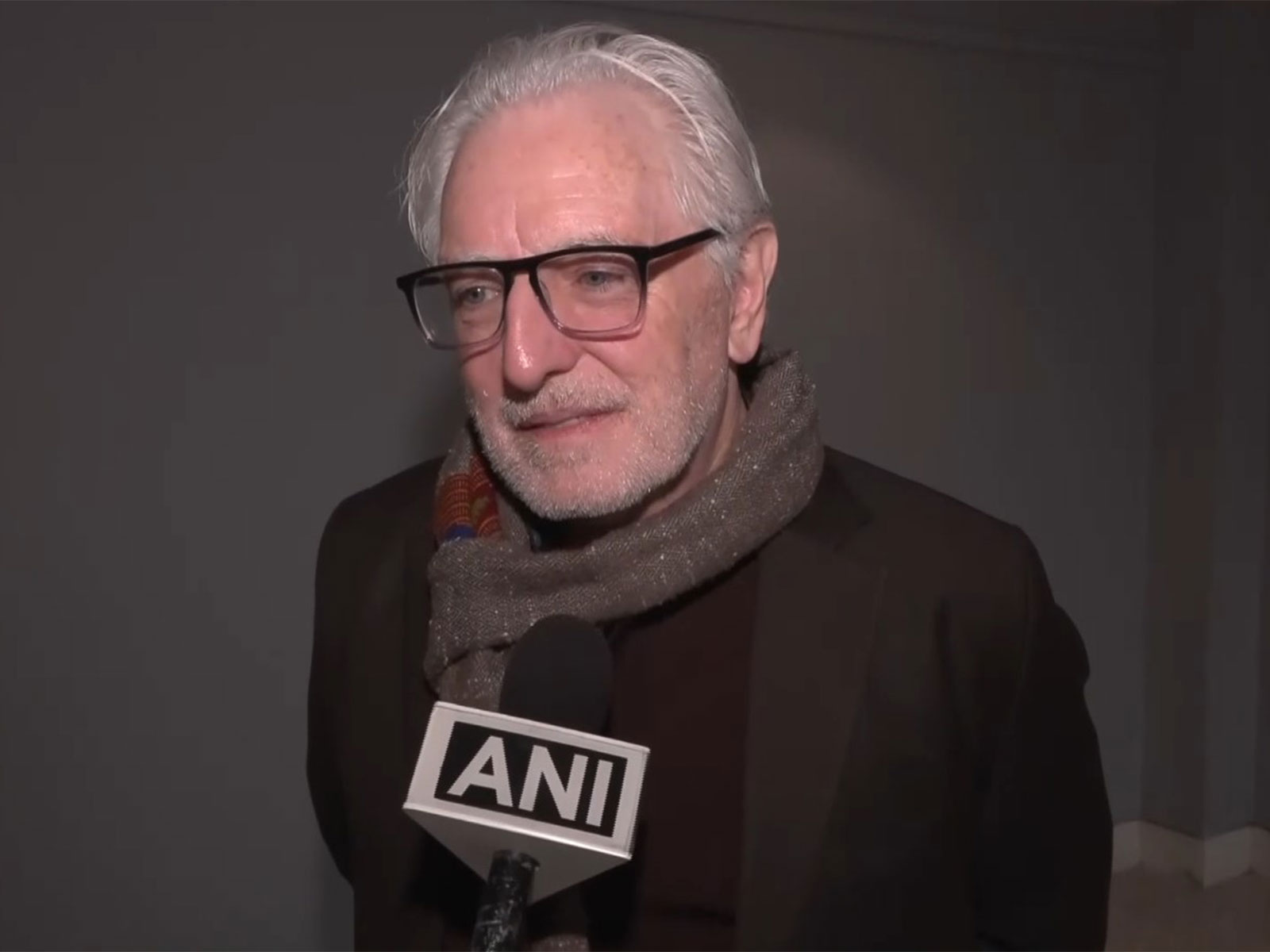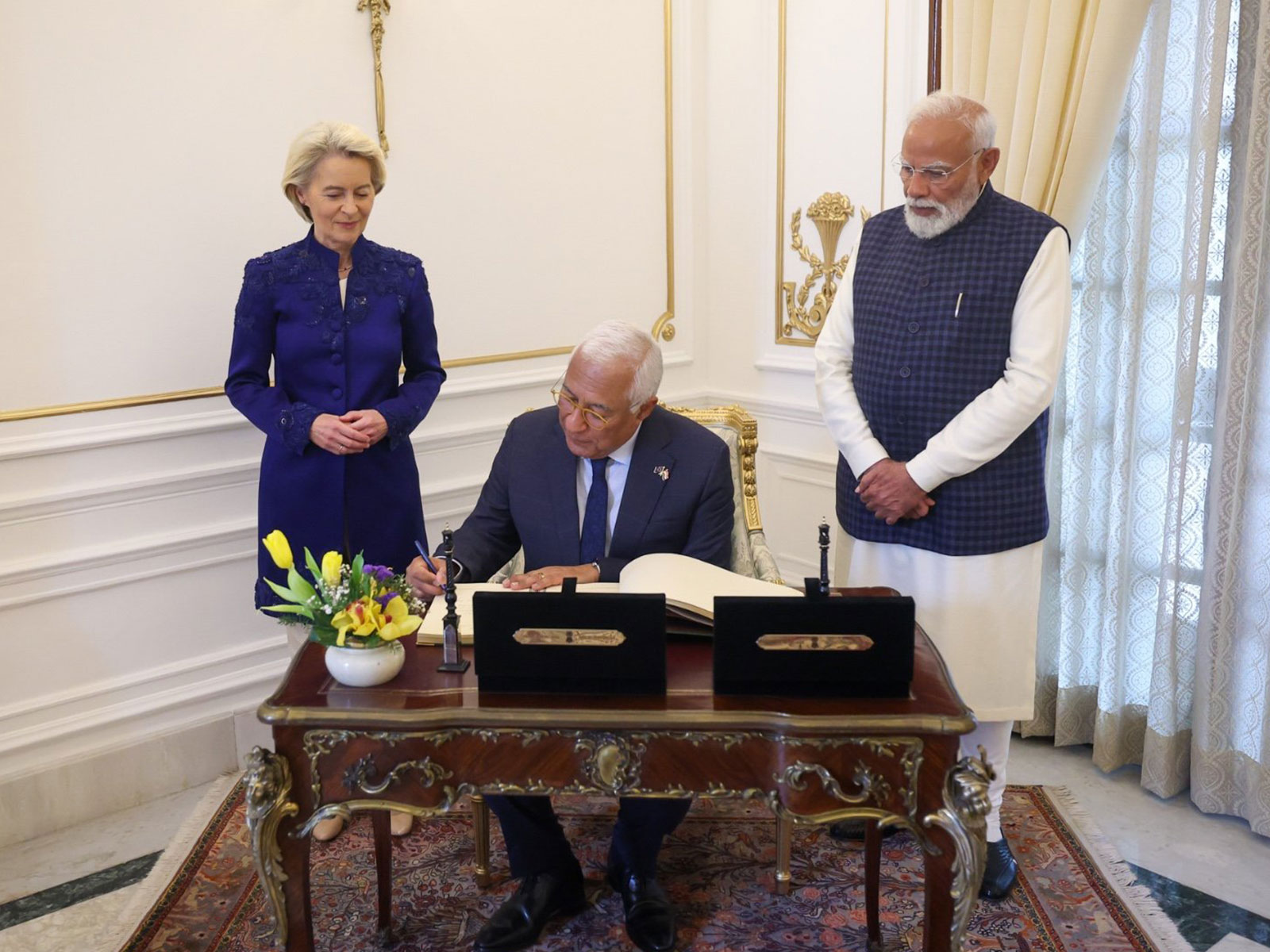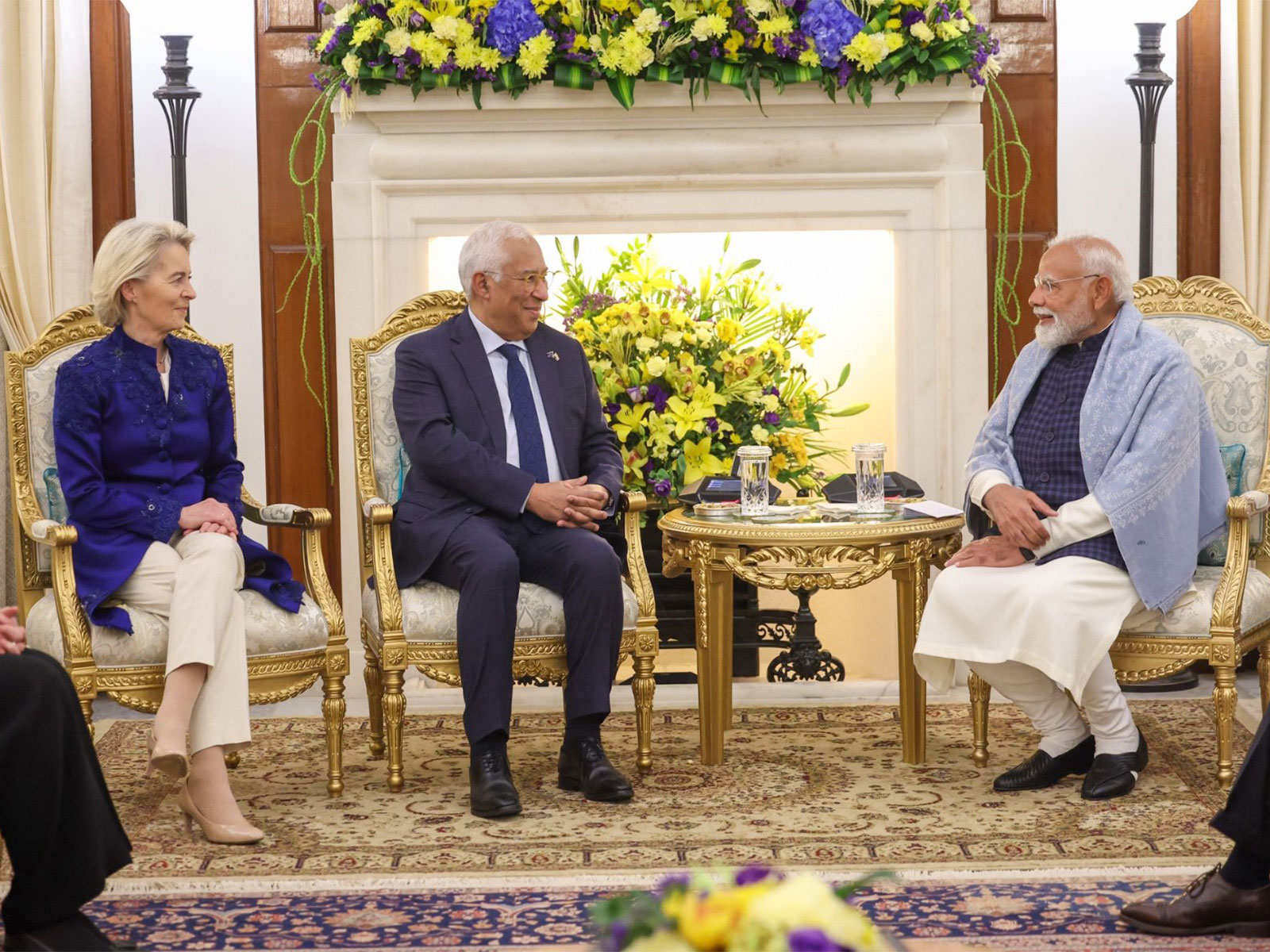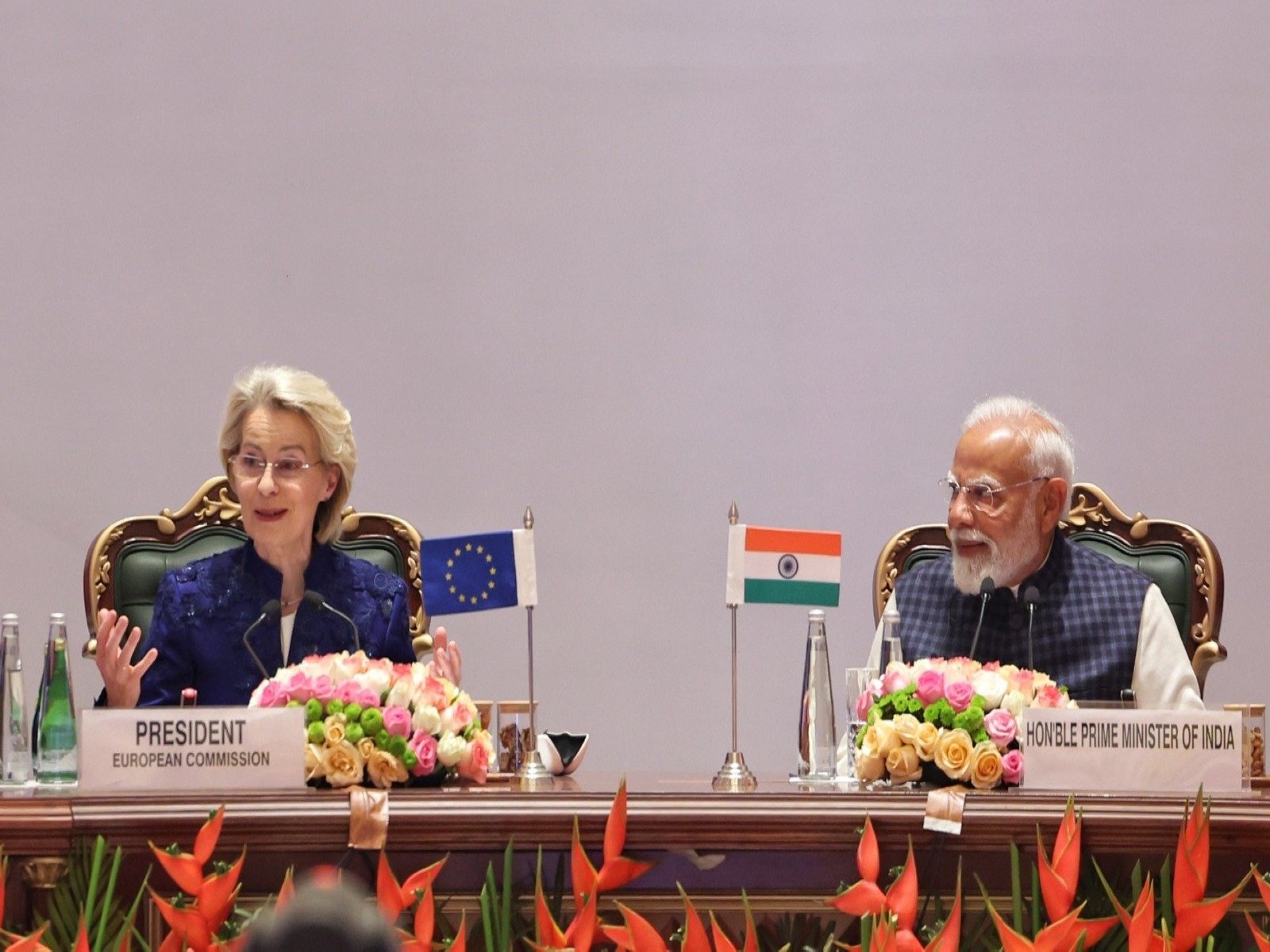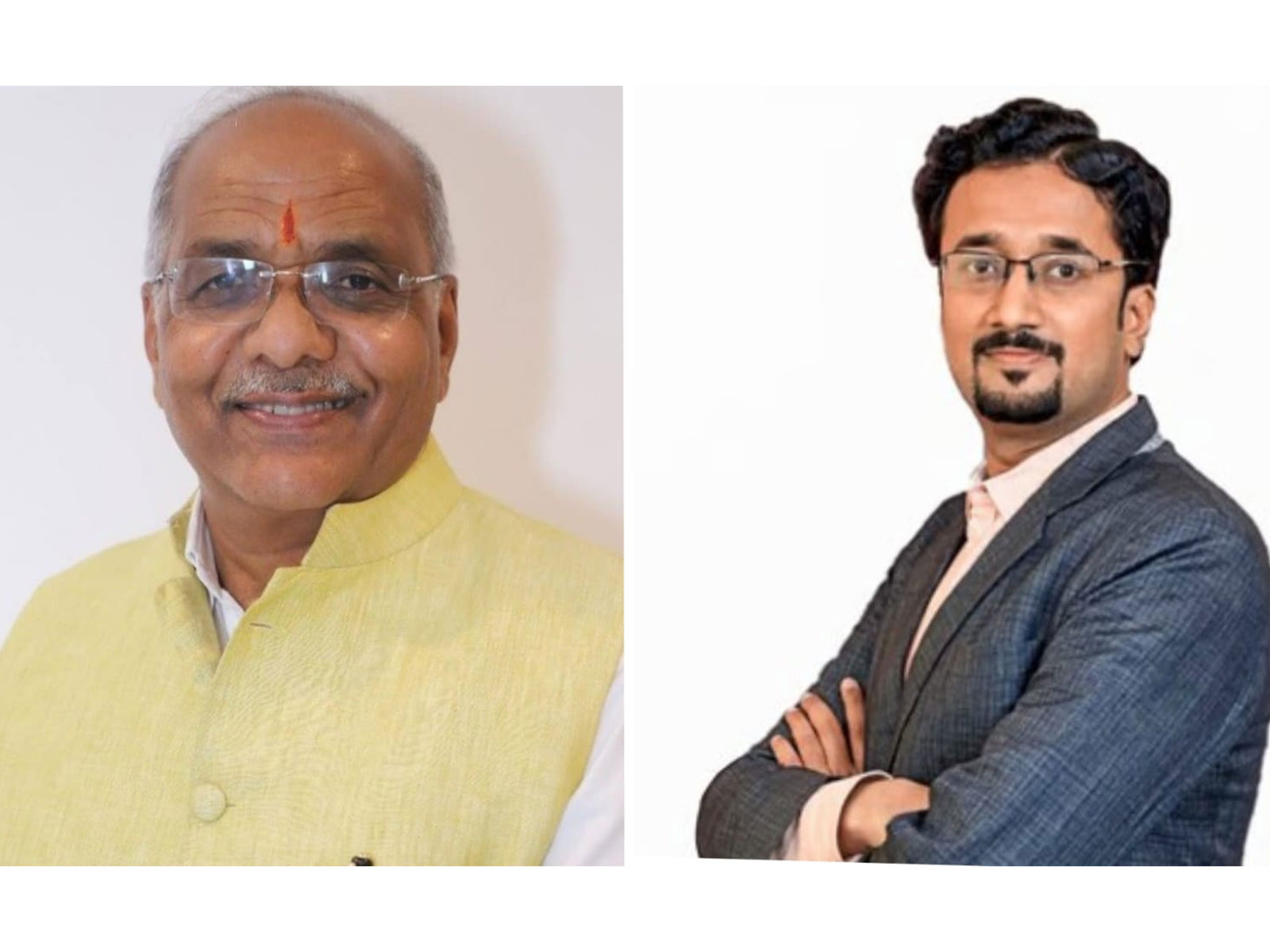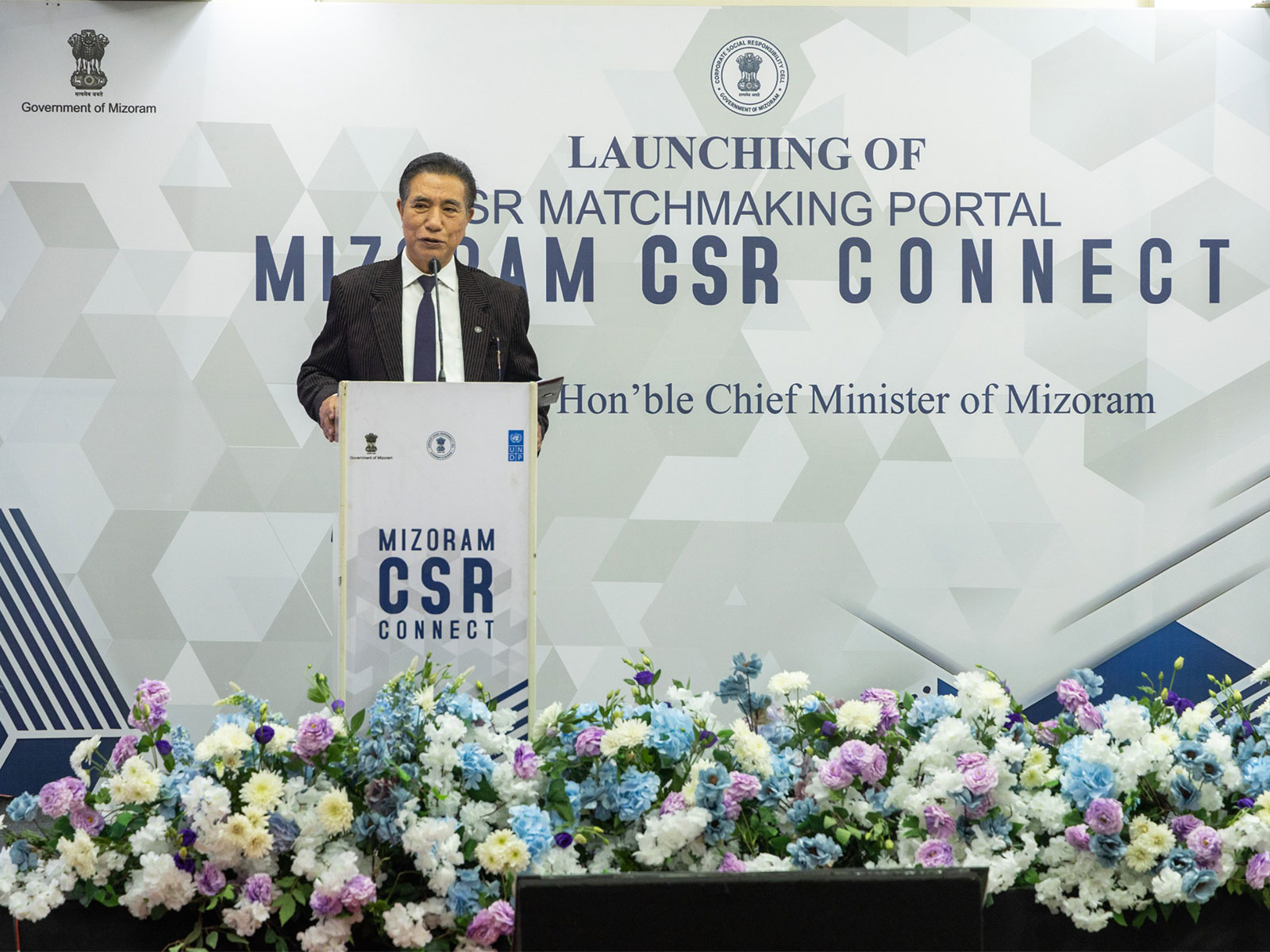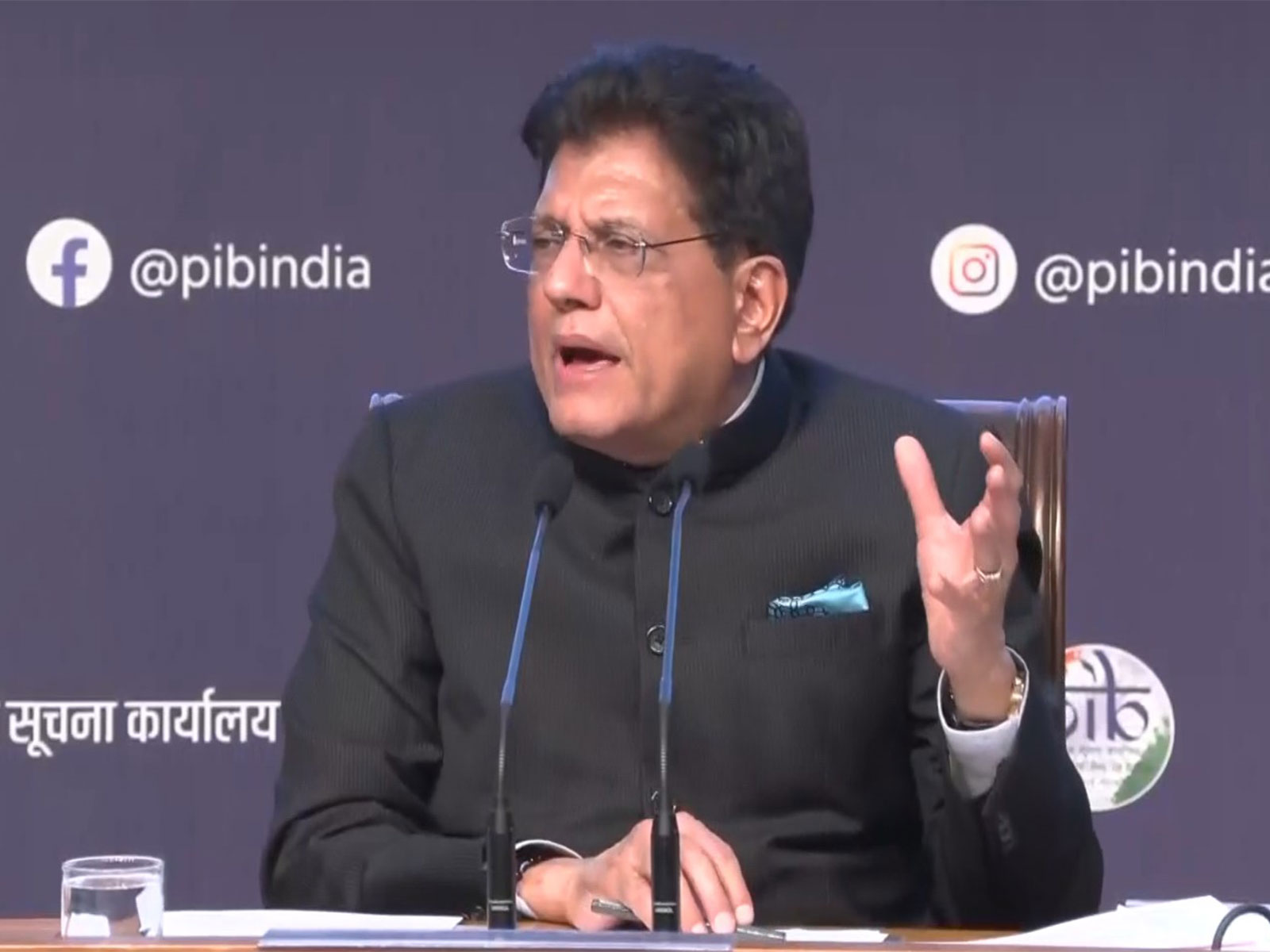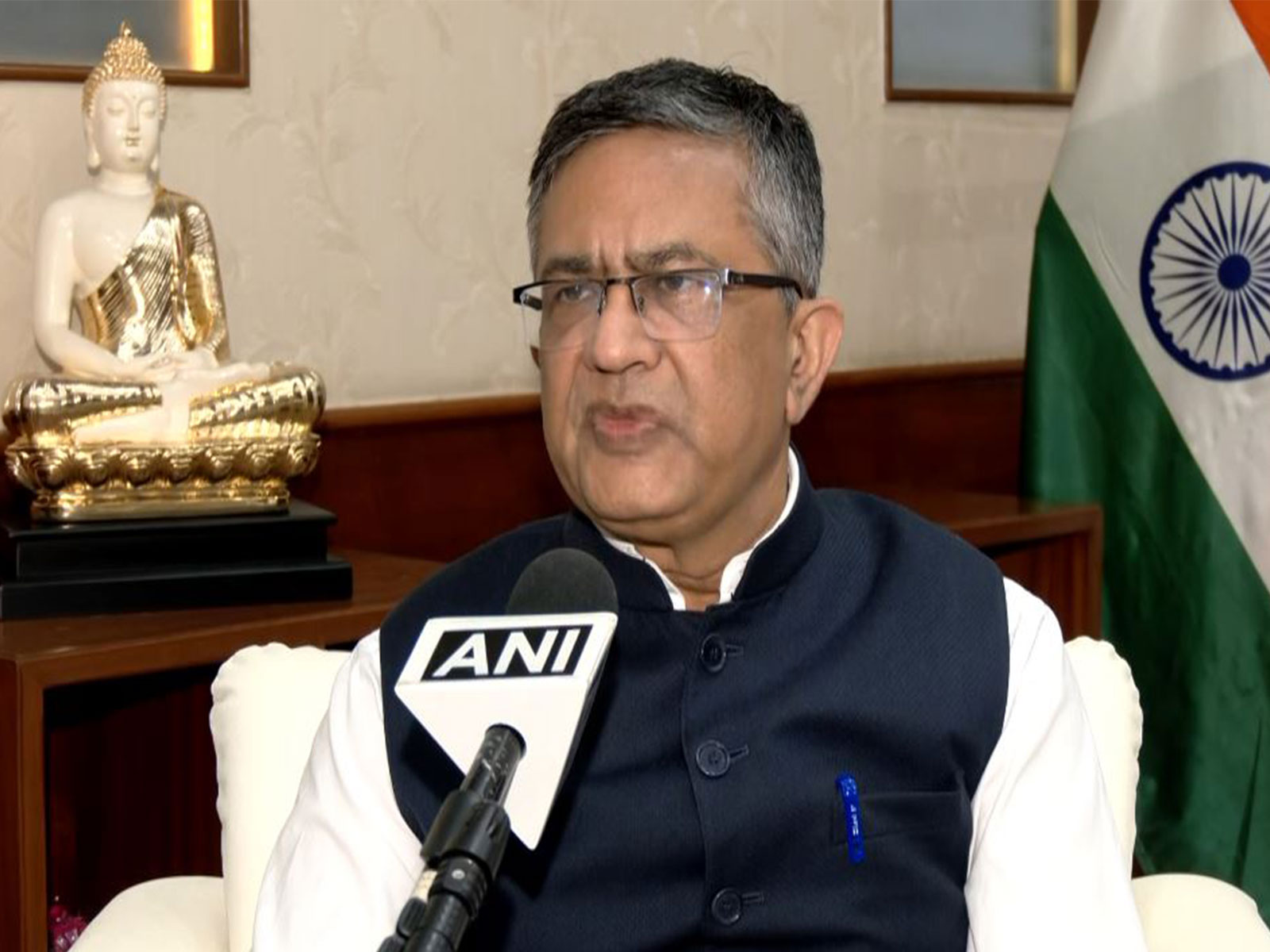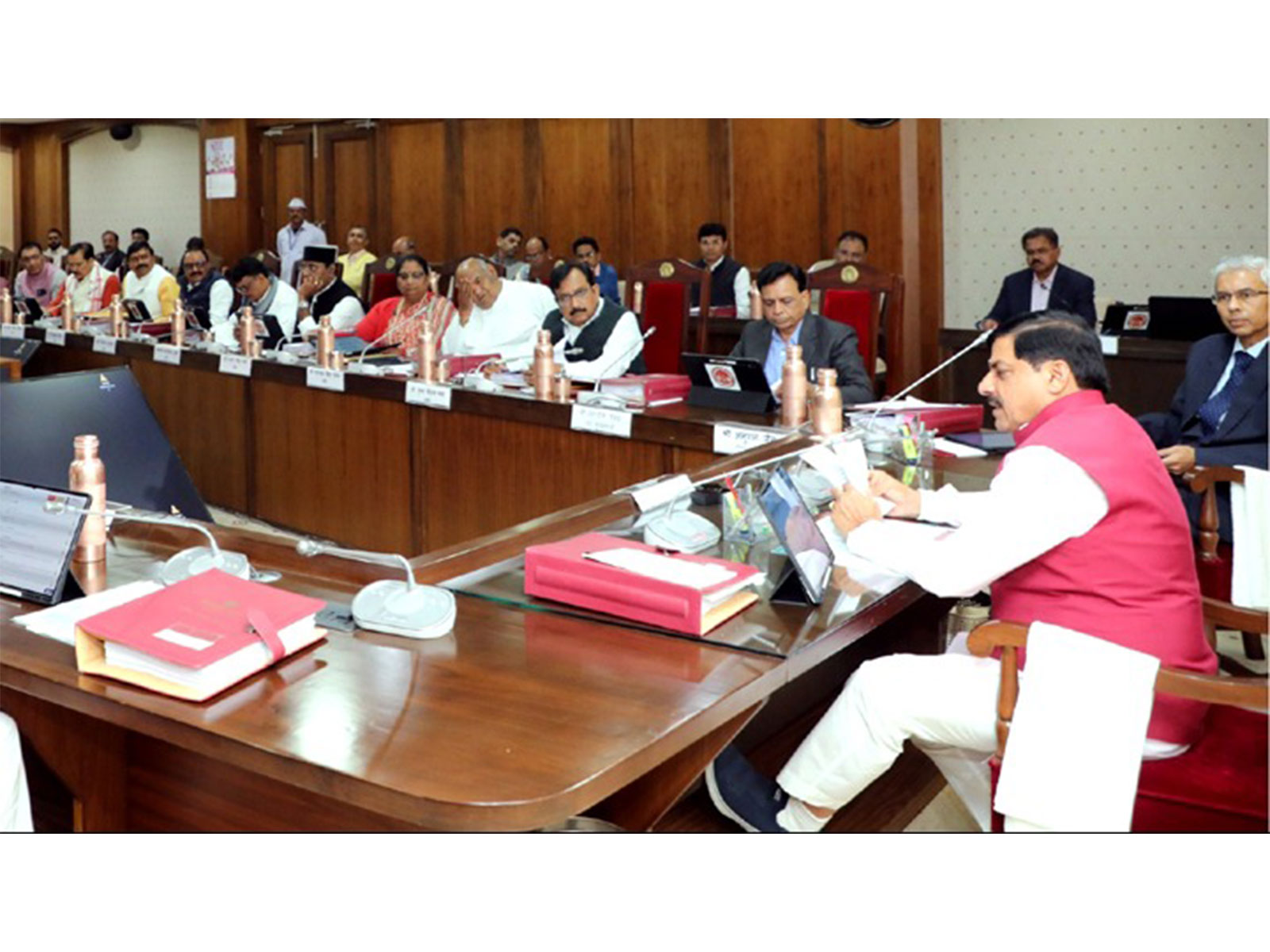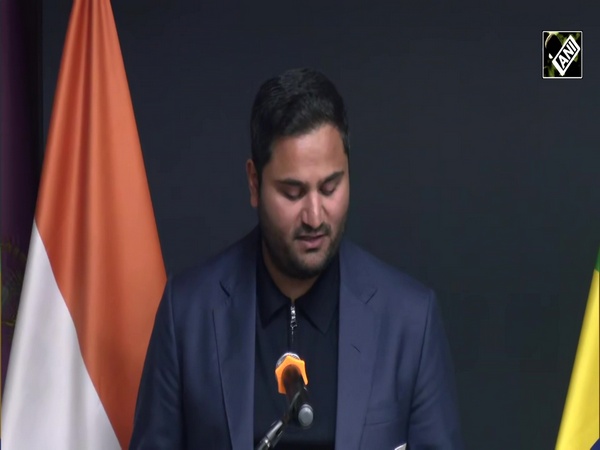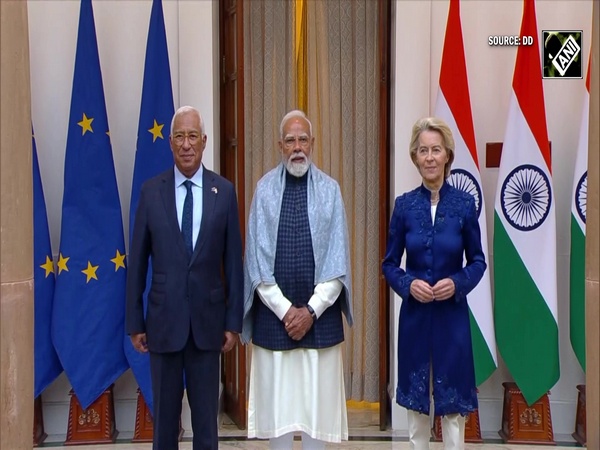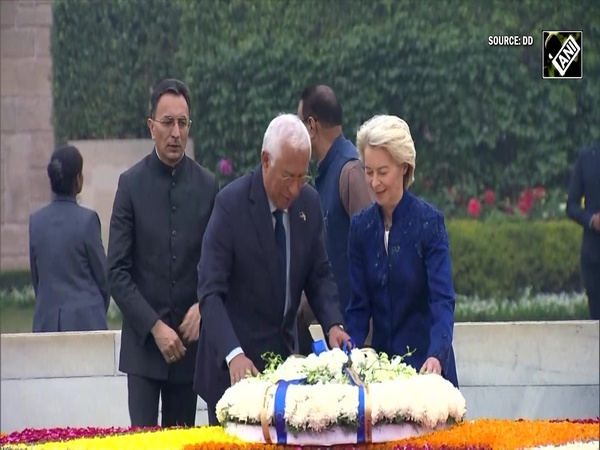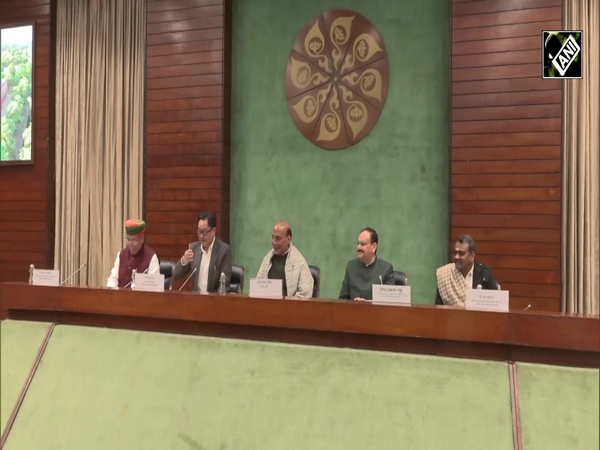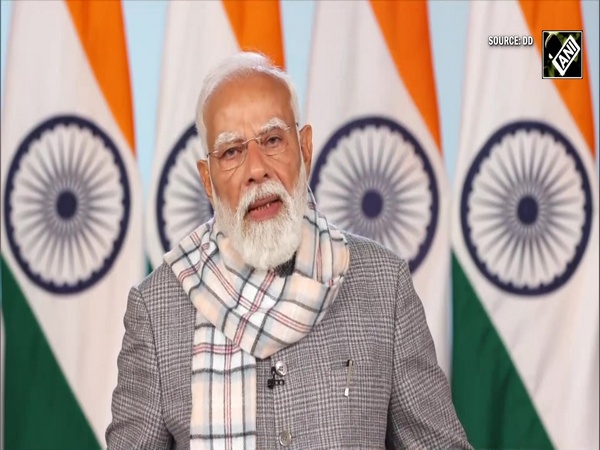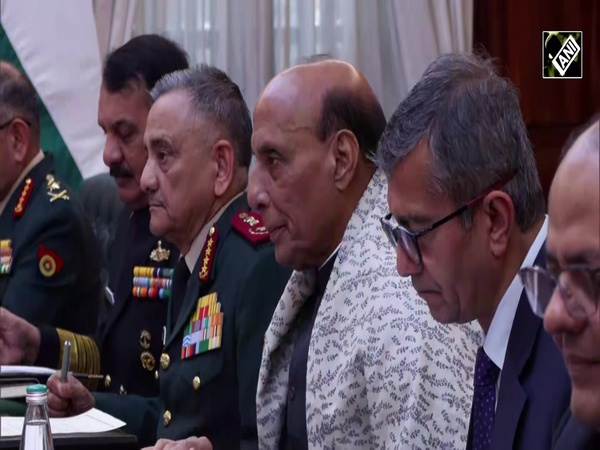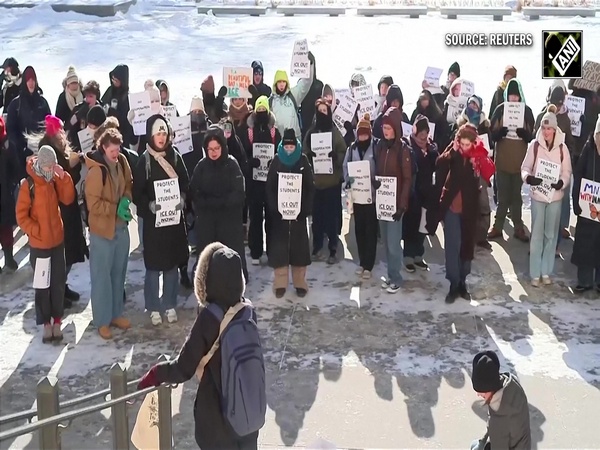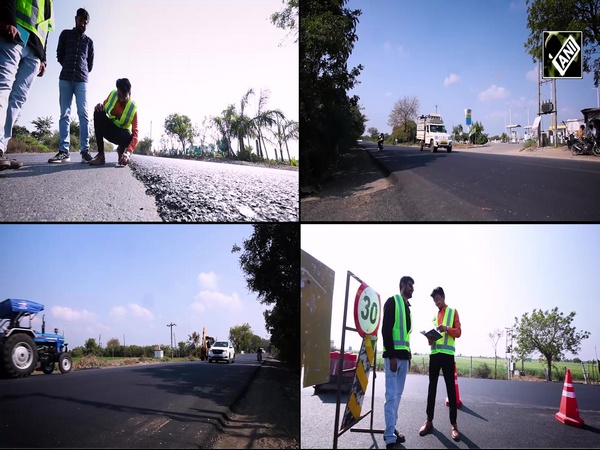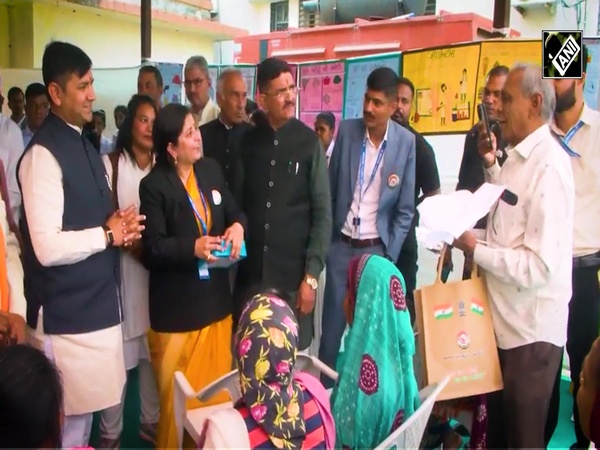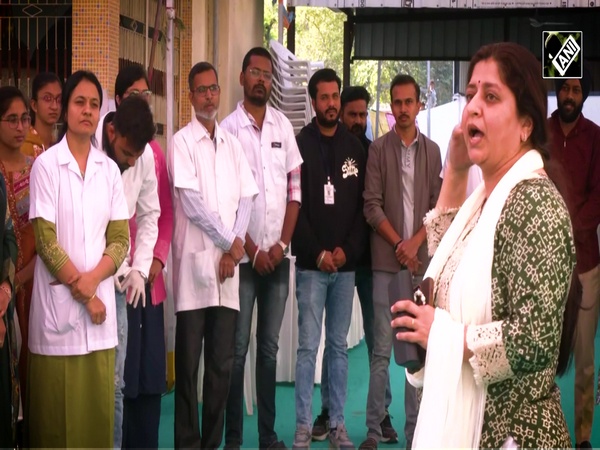India, Spain calls for dialogue to resolve Ukraine war, West Asia tensions
Oct 28, 2024

Vadodara (Gujarat) [India], October 28 : Expressing deep concerns over war in Ukraine and tensions in West Asia, India and Spain on Monday emphasized the importance of dialogue and diplomacy to resolve these crises.
In a joint statement during the visit of Pedro Sanchez, President of the Government of Spain, to India, both nations underscored their shared vision for a "free, open, inclusive, and rules-based Indo-Pacific."
On Ukraine war, both nations called for a "comprehensive, just, and lasting peace" that respects sovereignty and territorial integrity
"The leaders expressed their deepest concern over the war in Ukraine and reiterated the need for a comprehensive, just and lasting peace in line with international law, and consistent with the purposes and principles of the UN Charter, including respect for sovereignty and territorial integrity," the statement read.
They also underlined the importance of dialogue and diplomacy as well as earnest engagement between all stakeholders to achieve a sustainable and peaceful resolution of the conflict.
Both sides agreed to remain in touch to support efforts aimed at a negotiated settlement of the conflict, the joint statement noted.
Condemning the attack on Israel on October 7, 2023, India and Spain emphasized the need for restraint from all parties.
"They shared their firm commitment to achieving peace and stability in the Middle East and expressed their deep concern at the escalation of the security situation in West Asia and called for restraint by all concerned. They urged that all issues be addressed through dialogue and diplomacy," the statement read.
They called for an immediate ceasefire, the release of hostages, and safe, sustained entry of humanitarian aid into Gaza.
"The two leaders unequivocally condemned the terror attacks on Israel on October 7, 2023, and agreed that the large-scale loss of civilian lives and the humanitarian crisis in Gaza is unacceptable and must end as soon as possible. They called for the immediate release of all hostages, immediate ceasefire and safe, sustained entry of humanitarian aid into Gaza," the statement read.
The two leaders reaffirmed their support for a two-state solution, envisioning a sovereign Palestinian state coexisting peacefully alongside Israel.
Addressing the Indo-Pacific region, both leaders recognized its strategic significance and underscored their shared vision for a "free, open, inclusive, and rules-based Indo-Pacific.
They also highlighted the importance of working together for peace and stability in the region.
"Both sides emphasized the promotion of a free, open, inclusive, peaceful, and prosperous Indo-Pacific, anchored in a rules-based international order, mutual respect for sovereignty, and the peaceful resolution of disputes, supported by effective regional institutions," the statement read.
As per the statement, both the leaders highlighted the importance of unimpeded commerce and freedom of navigation, in compliance with international law, particularly the United Nations Convention on the Law of the Sea (UNCLOS) 1982.
Both sides acknowledged India's invitation to Spain to participate in the Indo-Pacific Oceans Initiative (IPOI) for collaborative efforts aimed at the management, conservation, sustainability, security, and development of the maritime domain in the Indo-Pacific.
"They also recognized the complementarity between India's Indo-Pacific Vision and the EU Strategy for Cooperation in the Indo-Pacific," the statement noted.
In addition, President Sanchez extended an invitation to Prime Minister Narendra Modi to visit Spain, emphasizing the desire to further deepen ties between the two nations.
The visit of President Sanchez, the first by a Spanish President of Government in 18 years, marked a new chapter in the India-Spain relationship, with both nations emphasizing their commitment to enhanced cooperation across multiple domains.
"The two leaders noted that this visit has renewed the bilateral relationship, infusing it with fresh momentum and setting the stage for a new era of enhanced cooperation between the two countries across various sectors," the joint statement mentioned.
President Sanchez, accompanied by key ministers and a high-level business delegation, engaged in talks with Prime Minister Narendra Modi in Vadodara, followed by interactions with business leaders and cultural figures in Mumbai.
A major highlight of the visit was the inauguration of the Final Assembly Line Plant for C-295 aircraft in Vadodara. This project, a collaboration between Airbus Spain and Tata Advanced Systems Ltd., will produce 40 C-295 aircraft in India by 2026 as part of the 'Make in India' initiative.
"Both leaders expressed satisfaction on the progress made in the C-295 aircraft project as a symbol of the growing defence industrial cooperation between the two countries," the statement read.
"In line with this growing partnership, and in recognition of the advanced capabilities and competitiveness of the Spanish defence industry and its contribution to the goals of the 'Make in India' initiative, they encouraged their respective defence industries in other sectors to set up similar joint projects in India," they added.
Recognizing the positive trajectory of bilateral trade, both leaders called for deeper economic engagement between their nations. They welcomed the establishment of the 'Fast Track Mechanism' to facilitate investments between India and Spain, aimed at boosting trade in sectors like renewable energy, automotive, healthcare, and transport infrastructure.
"Both leaders reiterated their strong support for an open rules-based multilateral trading system and a business-friendly investment scenario in both countries," the statement read.
Prime Minister Modi and President Sanchez reaffirmed their commitment to strengthening the India-EU Strategic Partnership and to advancing the EU-India triple negotiations of a comprehensive Free Trade Agreement, Investment Protection Agreement and Geographical Indications Agreement, as per the statement.
"They agreed to enhance their collaboration to fully realize the objectives of the EU-India Connectivity Partnership and recognized the potential of the India-Middle East-Europe Economic Corridor Project (IMEEC) to boost connectivity between India and Europe. They explored avenues for cooperation among regional countries in areas such as trade, investment, technology, energy, logistics, ports, and infrastructure development," they added.
In a bid to deepen people-to-people ties, the two leaders declared 2026 as the Year of India-Spain in Culture, Tourism, and Artificial Intelligence (AI). This initiative aims to bolster cultural exchanges, tourism, and joint efforts in AI research and implementation. The year-long celebrations will include art exhibitions, literature festivals, and initiatives to boost tourist flows between the two nations.
The leaders of India and Spain emphasised their dedication to multilateralism, agreeing on the importance of reforming international institutions like the United Nations Security Council (UNSC) to reflect current global realities. India expressed its support for Spain's UNSC candidature for 2031-32, while Spain backed India's bid for 2028-29.
Both countries also agreed to bolster their cooperation on climate change, focusing on sustainable energy and adaptation strategies. As the world prepares for the upcoming COP29 summit in Baku, India and Spain pledged to work towards ambitious climate goals, including advancing the New Collective Quantified Goal on Climate Finance. President Sanchez welcomed India's progress in renewable energy, while Prime Minister Modi appreciated Spain's invitation for India to join the International Drought Resilience Alliance (IDRA).
The visit also saw both nations aligning their visions on regional cooperation in the Indo-Pacific and Latin America. Recognizing the strategic importance of the Indo-Pacific, India invited Spain to join the Indo-Pacific Oceans Initiative (IPOI), aiming for sustainable maritime cooperation.
The leaders also highlighted the potential for triangular cooperation between India, Spain, and Latin American countries, with Spain supporting India's application to join the Ibero-American Conference as an Associate Observer.
